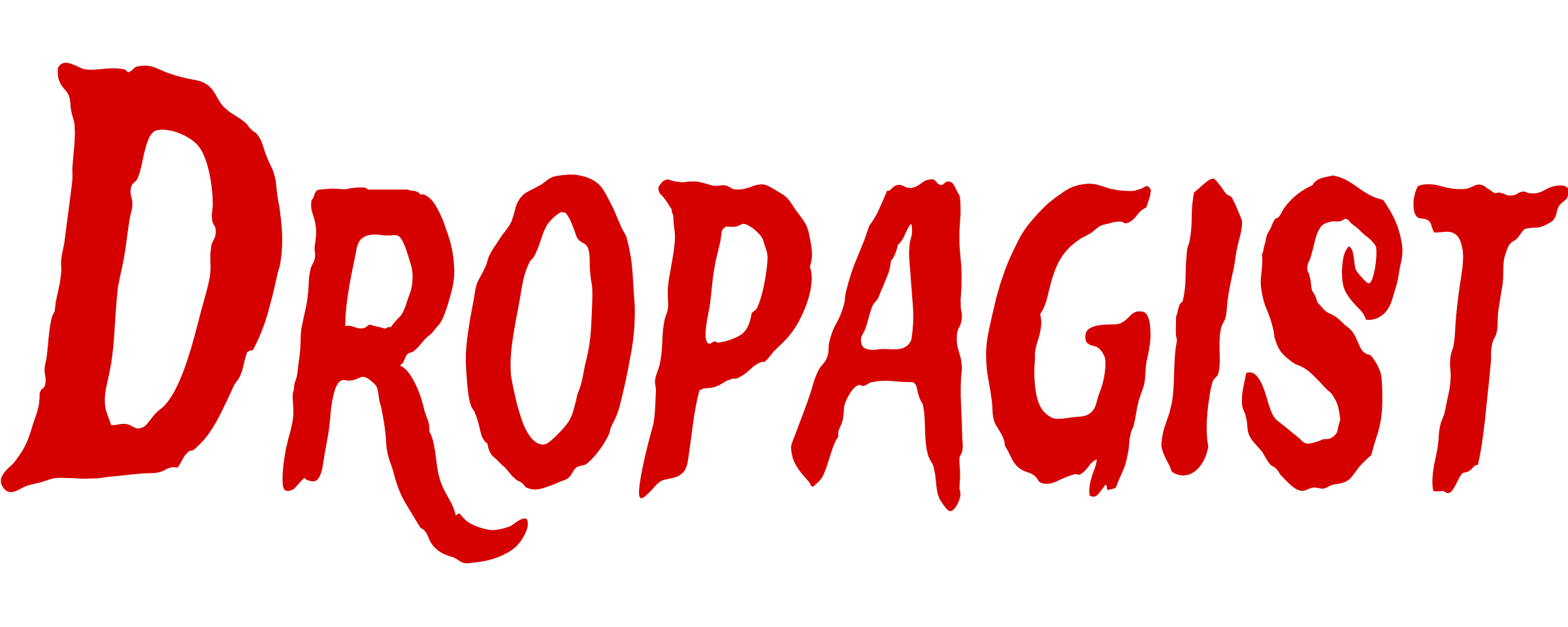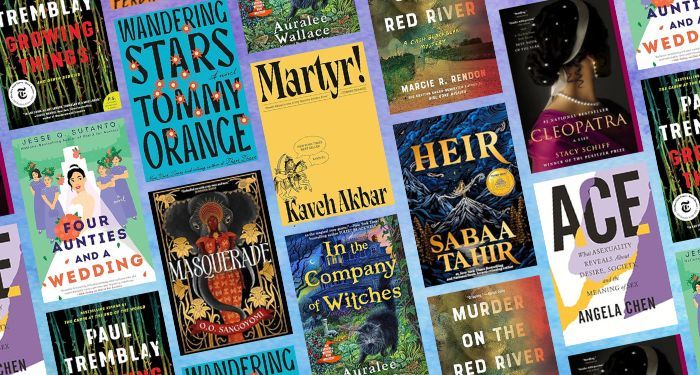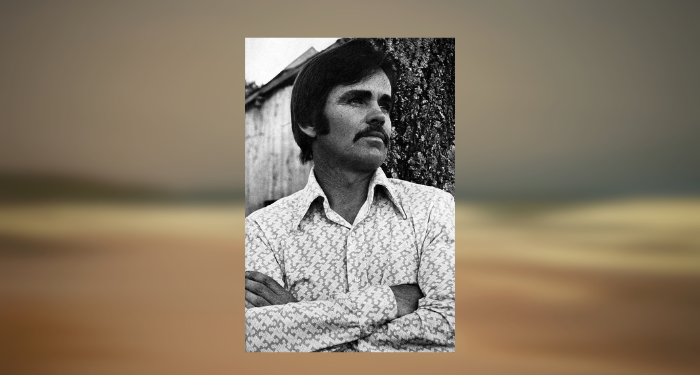
“Russia’s full-scale invasion of Ukraine is the single most important event in Europe since the collapse of the Soviet Union in 1991,” writes Johns Hopkins professor Finkel. The tension between Ukraine and Russia, he writes, extends to the days of Kyivan Rus’, the founding state of both modern nations, which, subjugated by Mongol invaders in the medieval era, gave way to the Podunk village of Moscow. The Muscovite elites, by Finkel’s account, came to see themselves as the legitimate rulers of Rus’; especially in and after the expansionist regime of Peter the Great, Russia claimed Ukraine and proclaimed it as “Little Russia.” That campaign is ongoing. Today, writes Finkel in his evenhanded but clearly pro-Ukrainian account, Russia is attempting to suppress the Ukrainian language and eliminate local traditions. What is worse, he adds, is that Ukrainian children have been kidnapped by the hundreds of thousands and taken to Russia, there to be “forced to become Russian.” The intent is to erase Ukrainian identity generationally, and to some extent that horrific plan is succeeding. For all that, Finkel notes, the Russian invasion of 2022 has turned out to be disastrous: the Russian army and intelligence agencies assured Putin—who, by Finkel’s account, hatched at least some of his war plans as a kind of Covid-19 isolation project—that they would be greeted as liberators and that the Ukrainians would fold in days. Instead, Ukraine has resisted bravely, despite casualties. The costs are many and will be long-lasting, Finkel concludes: “Even if Russia apologizes and pays reparations, it will take decades for Ukraine’s wounds to heal.”









 English (US) ·
English (US) ·